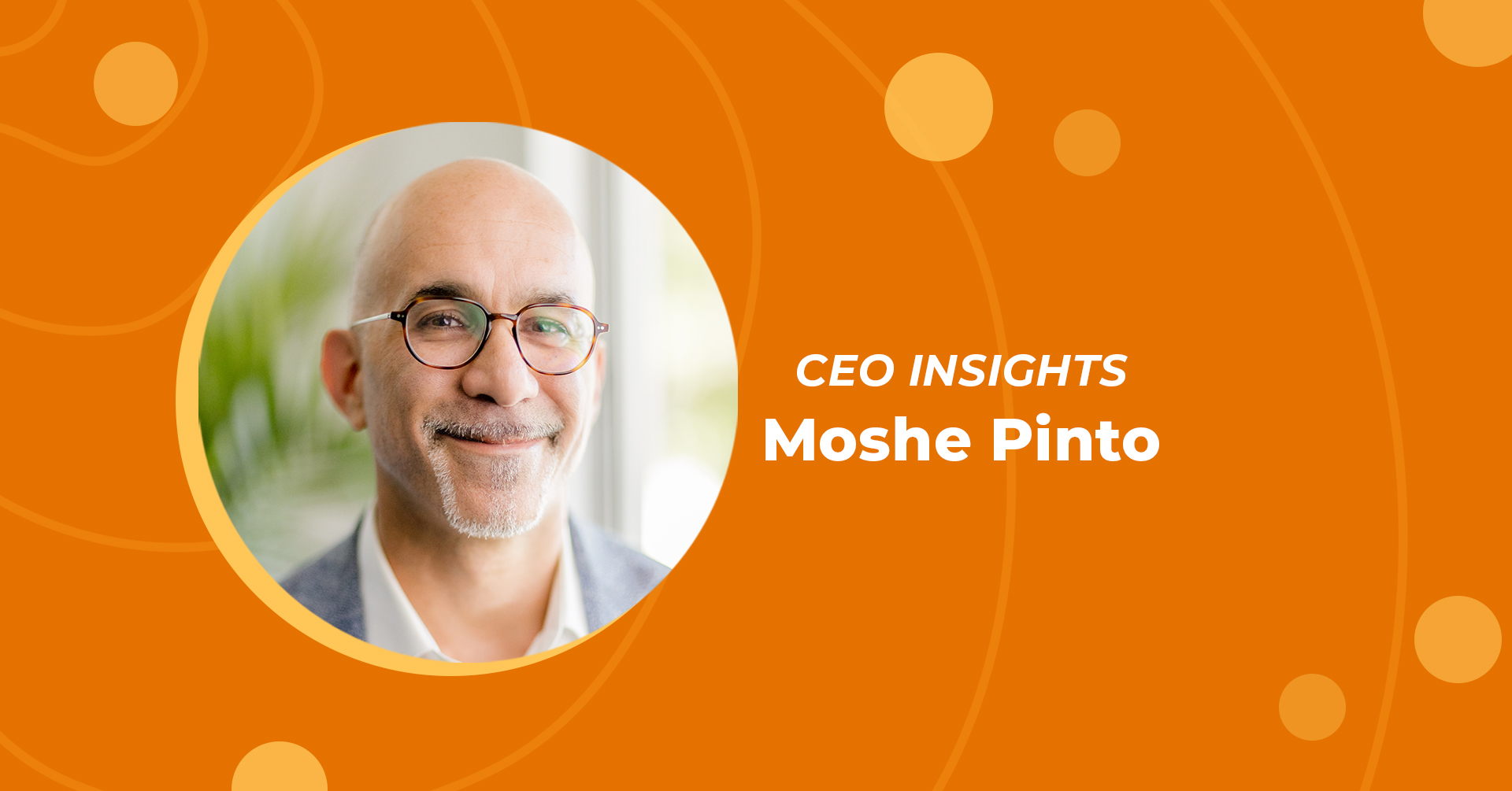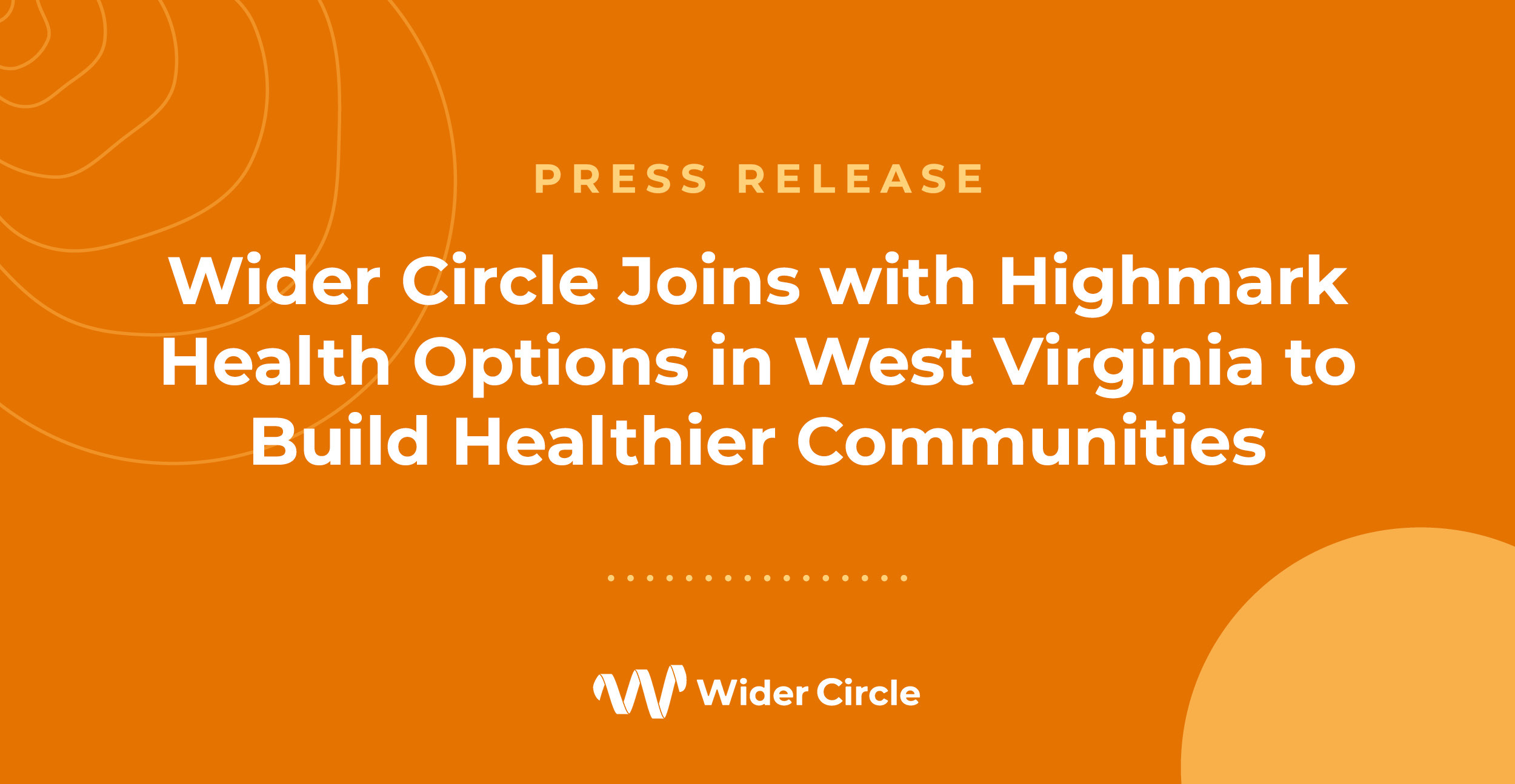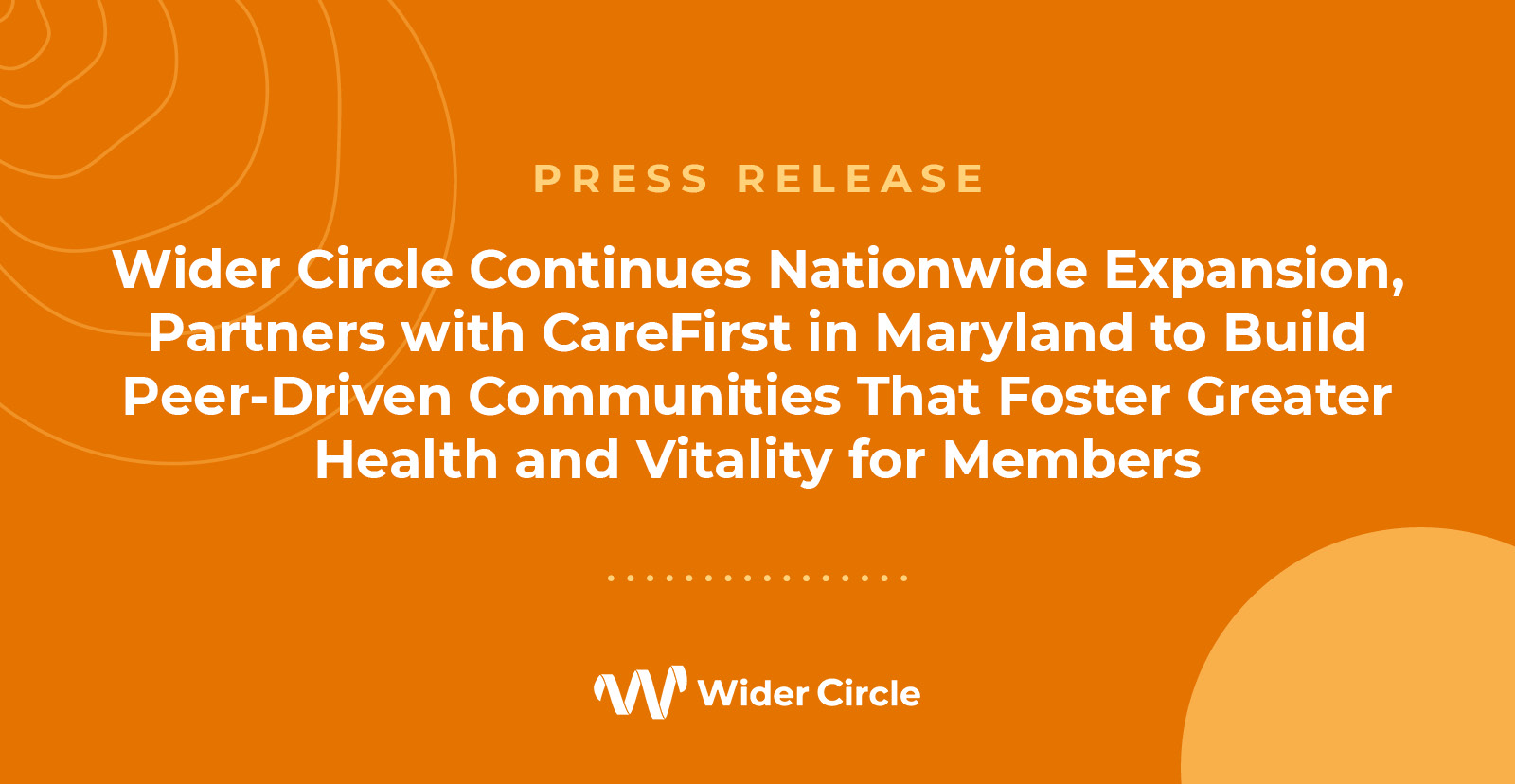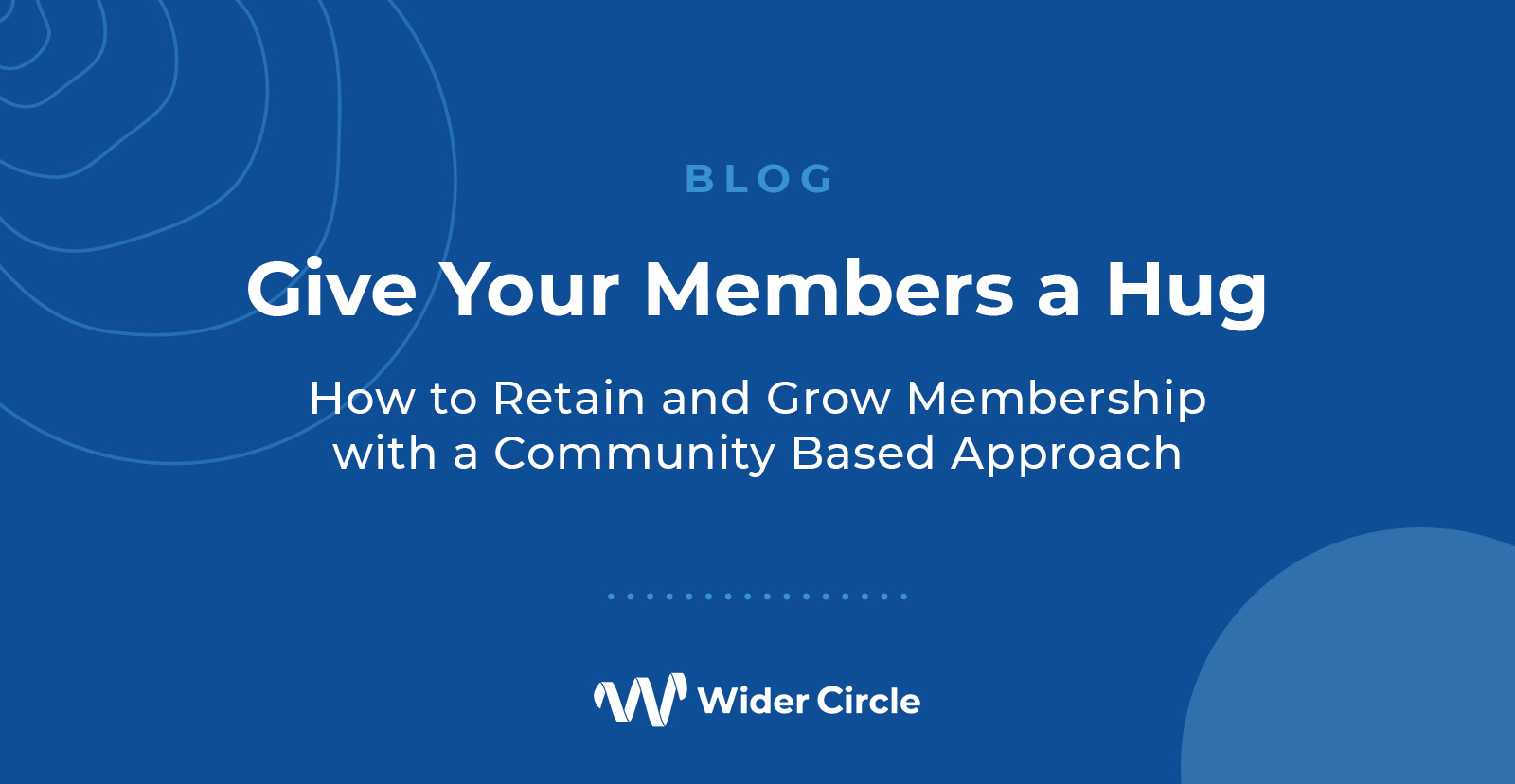
March 2022 marks two years since the advent of the COVID-19 pandemic, a global healthcare event of drastic proportions and one that has already taken over 900,000 lives in the United States alone. And while few can claim to be completely unaffected by the toll that the past 24 months have had on both our physical and emotional health, the senior population has been particularly impacted by the repeated requirement to socially isolate for an extended period as a means to reduce the spread of the deadly virus.
This is a demographic where prior to 2020, a report from the National Academies of Sciences, Engineering, and Medicine (NASEM) points out that one-quarter of Americans over age 65 were already reporting conditions of social isolation, and more than 40 percent of people over the age 60 reported feeling lonely. COVID-19 restrictions, including stay-at-home orders, quarantine, and social distancing recommendations have only exacerbated these already prevalent conditions. The longer-term impacts on emotional health and well-being are only starting to become understood.
According to Dr. Suzanne Dupuis-Blanchard, who is director of the Centre on Aging at l’Université de Moncton, social isolation and loneliness have nearly the same detrimental effects on health as smoking, and beyond impacting quality of life, can also affect the immune response and disrupt sleep and cognitive behavior. Further, recently published studies have linked both isolation and loneliness with heart disease, diabetes, dementia and even premature death.
Recognizing early on the implications that can stem from social isolation – and in particular the potential impact on the health and well-being of hard-to-reach, vulnerable populations – in 2015 my co-founder and I launched Wider Circle. What we learned was that the most effective approach to enable social connection and ultimately, better health is to integrate support and services at the community level, making it easier for neighbors to take the best care of each other. We work with health plans across the country to bring together groups of members of similar backgrounds and interests, and through these connections they motivate and support each other to get the care they need, when they need it, where they need it. Over 2020 and 2021, Wider Circle delivered over 180,000 meals and supplies, conducted over 100,000 health check-ins and completed more than 75,000 social support “buddy” calls to vulnerable Americans – all of which have helped to stem the anxiety and depression caused by the pandemic, as well as identify critical health needs that may have otherwise gone unnoticed. Today we offer a hybrid approach to member engagement, bringing our unique programs (both in person and virtual) to more than 320 communities in five different languages throughout the United States.
As we enter the third year of the pandemic, it’s sometimes surprising how much we are continuing to learn about the virus but one thing is for sure: Through it all the Wider Circle community care approach has proven to be well suited to support health plans’ efforts to connect with senior members during this time of need and beyond. This means continuing to ensure that vulnerable populations don’t slip through the cracks, that they are getting the social engagement that every person needs regardless of age and as a result, are not elevating their risk for developing the often severe health conditions increasingly associated with loneliness and social isolation.



